Long Riders (1980) Online
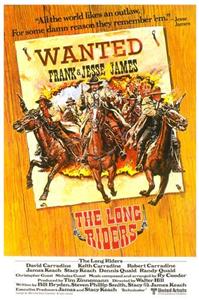
The origins, exploits and the ultimate fate of the Jesse James gang is told in a sympathetic portrayal of the bank robbers made up of brothers who begin their legendary bank raids because of revenge.
| Cast overview, first billed only: | |||
| David Carradine | - | Cole Younger | |
| Keith Carradine | - | Jim Younger | |
| Robert Carradine | - | Bob Younger | |
| James Keach | - | Jesse James | |
| Stacy Keach | - | Frank James | |
| Dennis Quaid | - | Ed Miller | |
| Randy Quaid | - | Clell Miller | |
| Kevin Brophy | - | John Younger | |
| Harry Carey Jr. | - | George Arthur | |
| Christopher Guest | - | Charlie Ford | |
| Nicholas Guest | - | Bob Ford | |
| Shelby Leverington | - | Annie Ralston | |
| Felice Orlandi | - | Mr. Carl Reddick | |
| Pamela Reed | - | Belle Shirley Starr | |
| James Remar | - | Sam Starr |
The film stars four sets of actual brothers: the Carradines, the Keachs, the Quaids and the Guests.
Dennis Quaid broke his nose during the making of this film as he did three years later on Tough Enough (1983).
Originally Jeff Bridges and Beau Bridges were going to play the Ford brothers but they could not fit it in their schedules.
The roles of Jesse James and his son, little Jesse, are played by father and son, James and Kalen Keach.
Edward Bunker who plays Chadwell in the Northfield bank robbery was actually, among many other things, a convicted bank robber.
Stuart Mossman, who played the "Engineer," was a renowned guitar maker and friend of the three Carradine brothers, who all owned Mossman guitars.
The gentleman bothering Cole Younger (David Carradine) outside the bank just before the shootout is speaking Swedish. He asks (in Swedish) if he can buy Cole's horse, and is refused. After being refused the Swede replies, "A shame. It's a beautiful horse".
Although John Younger is portrayed as a cousin of the Youngers, he was a brother.
During the train-ride north, Bob Younger is playing the "Jew's harp", (also known as "jaw harp", "mouth harp", "Ozark harp", "trump", or "juice harp". He is playing a song called "The Wayward Boy", of which Jim Younger is heard singing a few verses.
In order to make the movie, David Carradine forfeited his customary profit participation and the Keach brothers gave up their profit percentages as executive producer in order that the Carradine brothers got the same amount of profits. When the film went over its $7.5 million budget, the Keaches forfeited their executive producer fees.
In 1971 James Keach and Stacy Keach played brothers in NET Playhouse: The Wright Brothers (1971). This gave James the idea they should play Jesse and Frank James in a movie together. Stacy financed James to write a country musical about the brothers which was eventually produced in Pennsylvania and New York. The Keaches then decided to turn the musical into a feature film screenplay in which both could star. In 1974 James was acting opposite Robert Carradine in The Hatfields and the McCoys (1975) and mentioned the project to him; Carradine suggested he and his brothers play the Younger brothers. The idea that all the brothers in the story be played by real-life brothers expanded.
Walter Hill later argued the best movie that had been made about the Younger-James brothers prior to this was The Return of Frank James (1940). "In the historical sense it was also the least accurate, but it had a real sense of character truth".
Walter Hill later said his "code" for the film was to keep "the jokes funny and the bullets real. It is about moral choices. I think people who object to violence shouldn't go to the movies."
This is the first Walter Hill film that Ry Cooder did the soundtrack for.
The film features an uncredited appearance by Ever Carradine, daughter of Robert Carradine and niece to David Carradine and Keith Carradine. Additionally James Keach's son, Kalen Keach, is cast as Jesse James's son Jesse E. James.
In magazine ads promoting casting and production of "The Long Riders" photos of the acting Bottoms brothers (Joseph, Timothy and Sam) in period costume were included. Though not cast, presumbly the Bottoms were apparently screen tested and considered.
Sam Starr (James Remar) wields a Bowie knife with a distinct "S-guard".
The Carradine brothers' father John Carradine previously played Robert Ford in two films.
Squarehead is a late 19th century ethnic slur directed at German and Scandinavian immigrants. The phrase is meant quite literally as a disparaging reference to the cranial features, though often just used as a generic ethnic slur against those groups. Basically the stereotypical shape of a Northern European's head was thought to be square- so it was (and is) an insult to call someone with that ethnic makeup squarehead.
Bill Bryden: the saloon singer. Bryden co-wrote the script.
Walter Hill called the movie a "strange piece"; "Instead of the logical conclusion being at Northfield, it then goes on to another phase of a spiral downward, and ends with Jesse's death. It's very hard material to give the proper dramatic curve to. It doesn't lay out in a classic three-act structure. It's almost a four-act piece with Northfield and the aftermath being the culmination of the third act. The fourth act is almost epilogue: How They Went Down... There's a line from a Jean-Luc Godard film: "The jokes are funny but the bullets are real." That's really what this movie is about. These were big, reckless, high-spirited guys that were unaware of the ripples they caused".

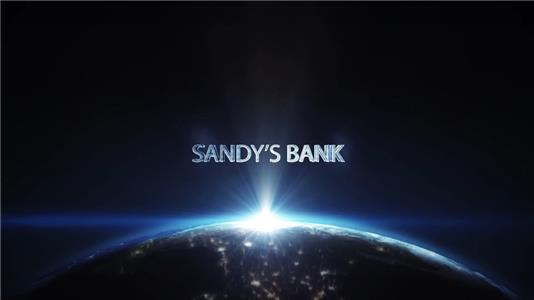
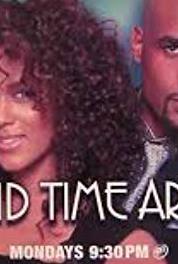
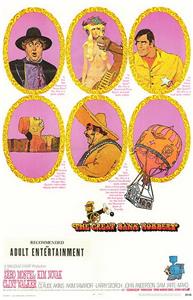
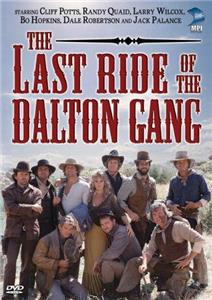
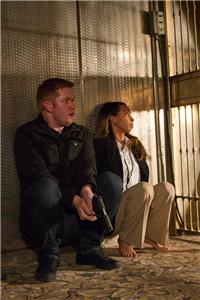
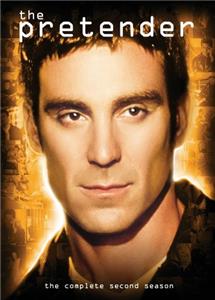
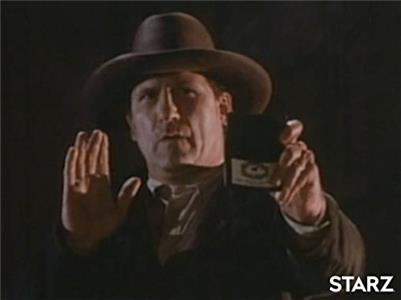
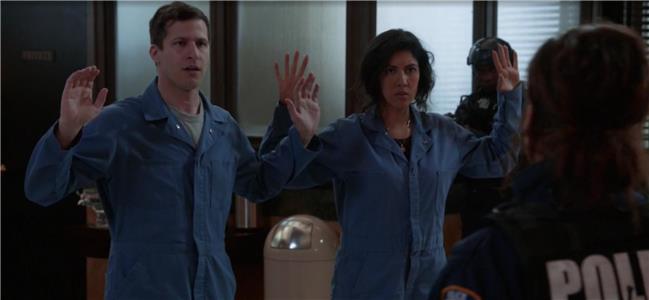
User reviews